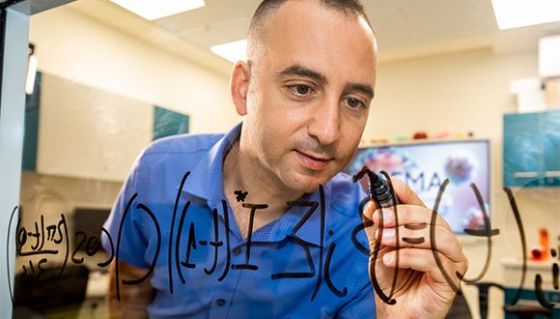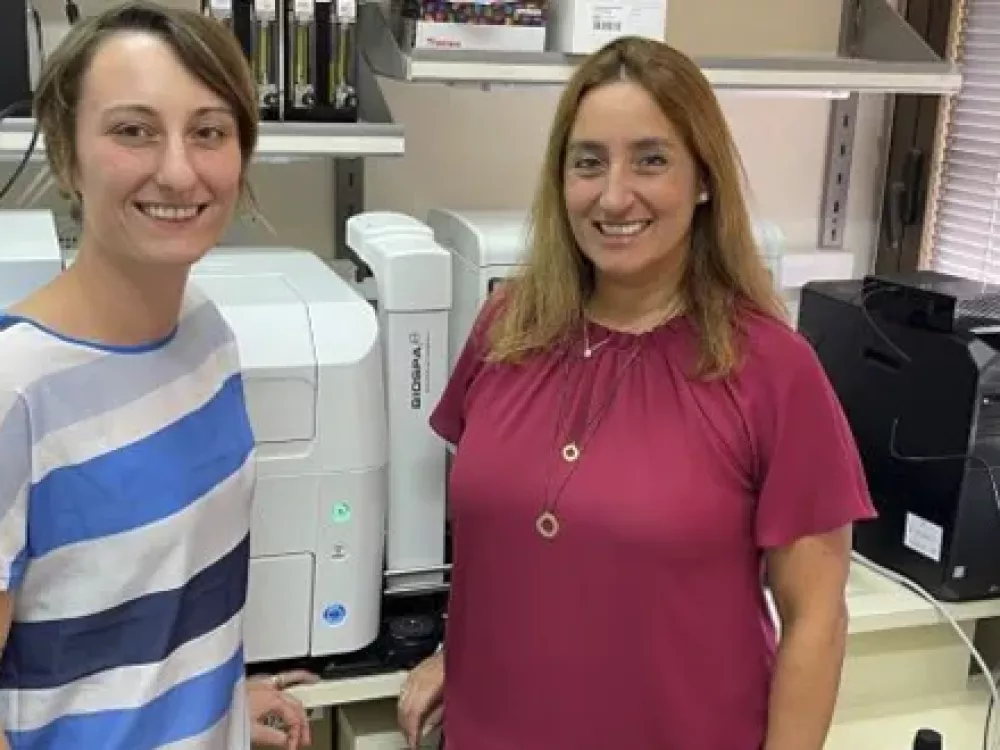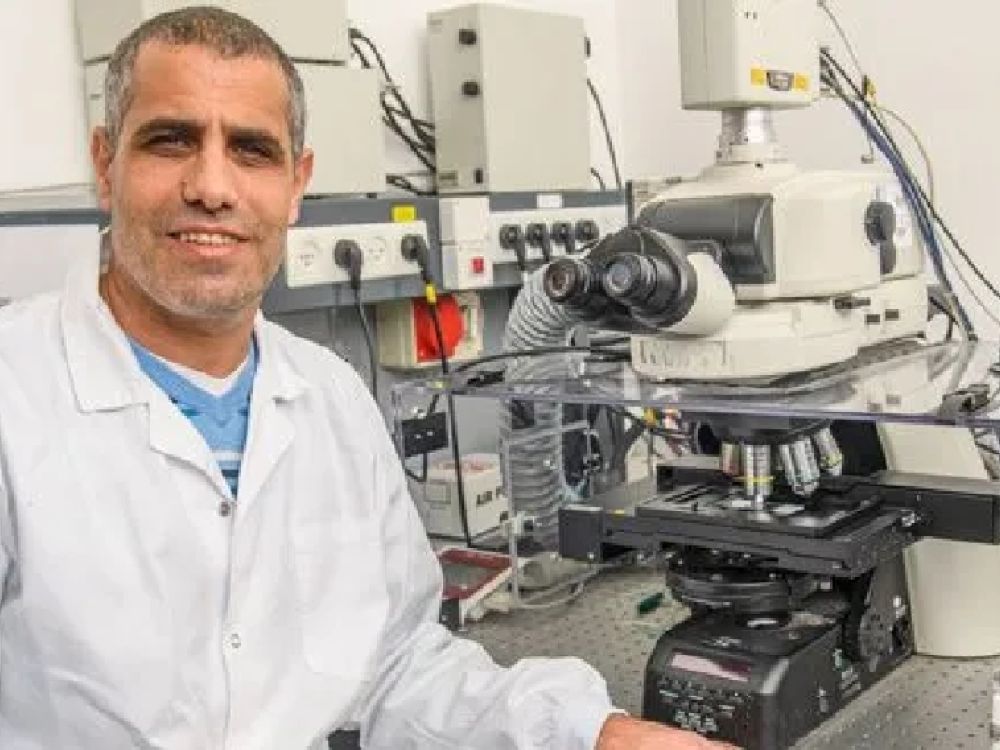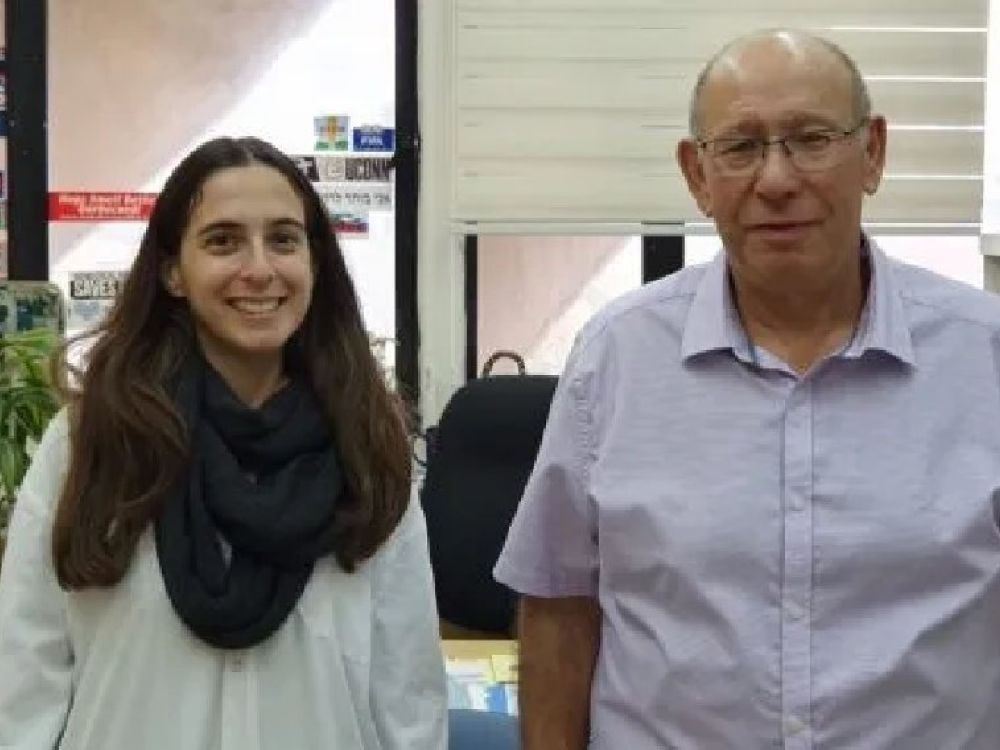
TAU Researcher Fights Epidemics Both Viral and Virtual
Dan Yamin can detect any kind of contagious outbreak
TAU’s Dr. Dan Yamin has developed a data tracking system applicable both to infectious diseases like coronavirus and to anti-Israel bias on social media. He cites human behavior as a key factor in the transmission of both. Yamin, who heads the Lab for Epidemic Modeling and Analysis at TAU’s Fleischman Faculty of Engineering, says that his approach is based on what traditional epidemiology lacks – data on human behavior.
“At the core of any transmission process lies contact mixing patterns,” explains Yamin. “These patterns represent the social interactions of individuals,” adding that, when it comes to the spread of diseases, “whoever doesn’t consider these elements misses the point completely”. Together with Prof. Irad Ben-Gal, head of TAU’s Laboratory of AI, Machine Learning, Business & Data Analytics (LAMBDA), Yamin developed a tool for predicting transmission dynamics based on people’s movements tracked on their mobile phones. When COVID-19 broke out in Israel, Yamin consulted for Israel’s Health Ministry, predicting local outbreaks with this phone data system.
“The tool is not only helpful for local detection of the virus but also for creating simulations of the virus’ spread, telling us what will happen if one policy is replaced with another,” he says. For example, Yamin’s team recommended to the Health Ministry that daycare centers should re-open, based on data they collected.
Additionally, Yamin found that targeted lockdowns for high-risk groups and localized infection clusters are up to 5 times more efficient in reducing mortality as opposed to a nationwide lockdown strategy. This finding led the Israeli government to adopt its current targeted lockdown approaches. Now, months later, Yamin and his team are developing a tool for early detection of COVID-19 infection based on mobile phone sensors which measure step counts, sleeping habits and other parameters.
Think viral, tweet viral
Before joining TAU, Yamin completed a post-doctoral fellowship at Yale University’s School of Public Health. While there, he was disturbed by the level of anti-Israel sentiment on American social networks and its ability to go viral. He immediately made the connection. No paragraph breakBased on the same patterns he studied in disease transmission, Yamin began creating a system that uses artificial intelligence to identify how certain groups use viral marketing tactics to spread anti-Semitic and anti-Israel messages.
The system, known as Iron Dome for Social Media, aims to track and identify malicious content with potential to go viral in social media terms. Yamin explains that people who retweet posts casually are much like asymptomatic disease carriers. Many Twitter users will pass on information with covert or explicit anti-Semitic messages unintentionally.
Choosing when to respond on social media is a delicate matter. Hence, Yamin suggests using AI, such as in his Iron Dome system, to assist with the decision-making process. “Being proactively pro-Israel on social media is not always the best approach,” says Dr. Yamin. “Most anti-Israel tweets are not viral, so why waste time on tweets that won’t go anywhere?”
The next generation of disease control
As Israel and the world face the second wave of COVID-19, Yamin says, “for the time being, we need to live with this virus. If we act responsibly and maintain the daily routine for the vast majority of the population, we will not reach catastrophe”. Looking ahead, Yamin believes data-based methodologies like his are crucial in managing future viral diseases. As such, Yamin will be a key member of TAU’s multidisciplinary Center for Combating Pandemics, the first center of its kind in the world. “Data systems such as this one can substantially improve the accuracy of medical diagnosis in the future,” he says.
Dr. Dan Yamin (Photo: Moshe Bedarshi)
Related posts






TAU Breakthrough Offers New Hope to Help People With Paralysis Walk Again



